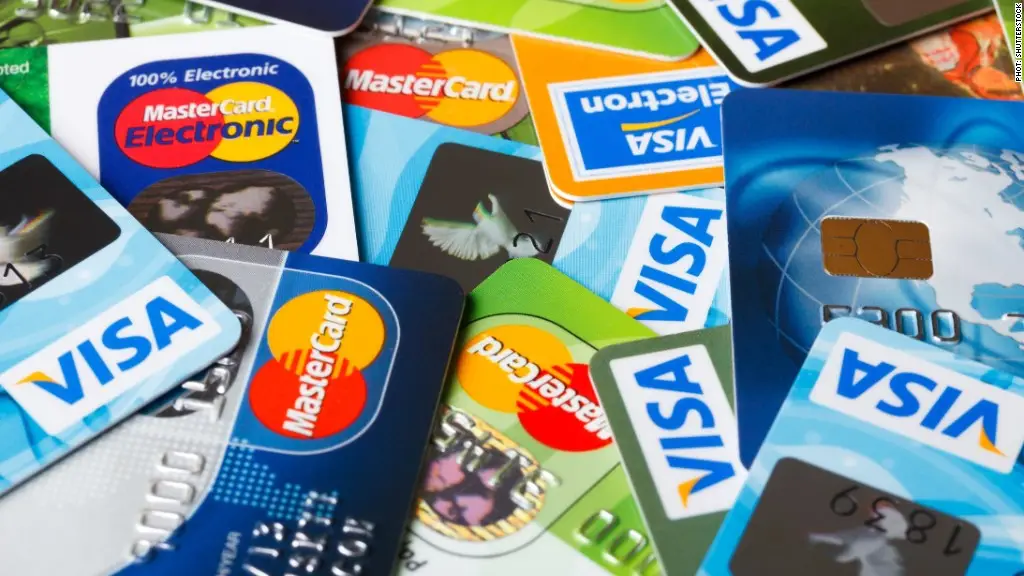There have been several large cases of credit and debit card theft in New Hampshire during the past year. The cases have spread throughout the state including to Londonderry, Hudson, and Dover. Many of the thieves are stealing account information, making counterfeit cards and then buying gift cards. There are a few ways the information is being stolen and some tips to protect yourself as best as possible.
Many thieves use radio frequency identification (RFID) chip enabled cards to steal account information. RFID cards can remotely scan information through wallets or purses. The information that is collected is enough to make a working counterfeit card. Your information can be stolen while shopping at a store or simply walking past the person on the street. One way to prevent this from happening is to store credit or debit cards in RFID shields, wallets, or purses. Another option is to ask your bank for a card that is not RFID-enabled.
Thieves are also collecting card information through skimming devices. These devices are most often found on gasoline pumps. They look like regular card scanners, but have instead been equipped to steal account and personal identification number (PIN) information. These devices can be difficult to detect, so police officers recommend looking at the keyholes on the pump. If it looks like it may have been tampered with in any way, notify the clerk immediately. It is recommended to go inside and pay at the register, but if that is not an option, use a credit card at the pump. If you must use a debit card, choose the credit option to avoid entering your PIN.
You can also prevent account information from being stolen by carrying only the cards you need, cutting up old cards, keeping your PIN and account number secret and shredding receipts. Also, be careful about who you write checks to because there is information on them that can help people hack into your bank account.
Many card companies are now switching over to chip cards, also known as smart or EMV cards, which use a unique process to determine whether the card is authentic. These chip cards are embedded with a microchip as well as the traditional magnetic stripe. These cards encrypt information to help increase data security when used at chip-enabled terminals.
If you lose your card, make sure to report it immediately. Once your card is reported lost or stolen, federal law states that you cannot be held liable for charges that occur after that time. With a debit card, each provider has certain regulations as to how much you are liable for, regarding unauthorized charges prior to filing a report. Typically, with a credit card you are not responsible for any charges if you can prove it was not you that made them. This is one reason why the convenience of online banking is so helpful. You can access your checking account at any time to look for unauthorized charges.
Check your bank statements frequently to ensure your receipts match all transactions listed. If you notice anything suspicious, alert your credit card company or bank immediately to limit your liability. If you think your information might have been compromised, but no charges have been made yet, still request a new card for precautionary measures.




